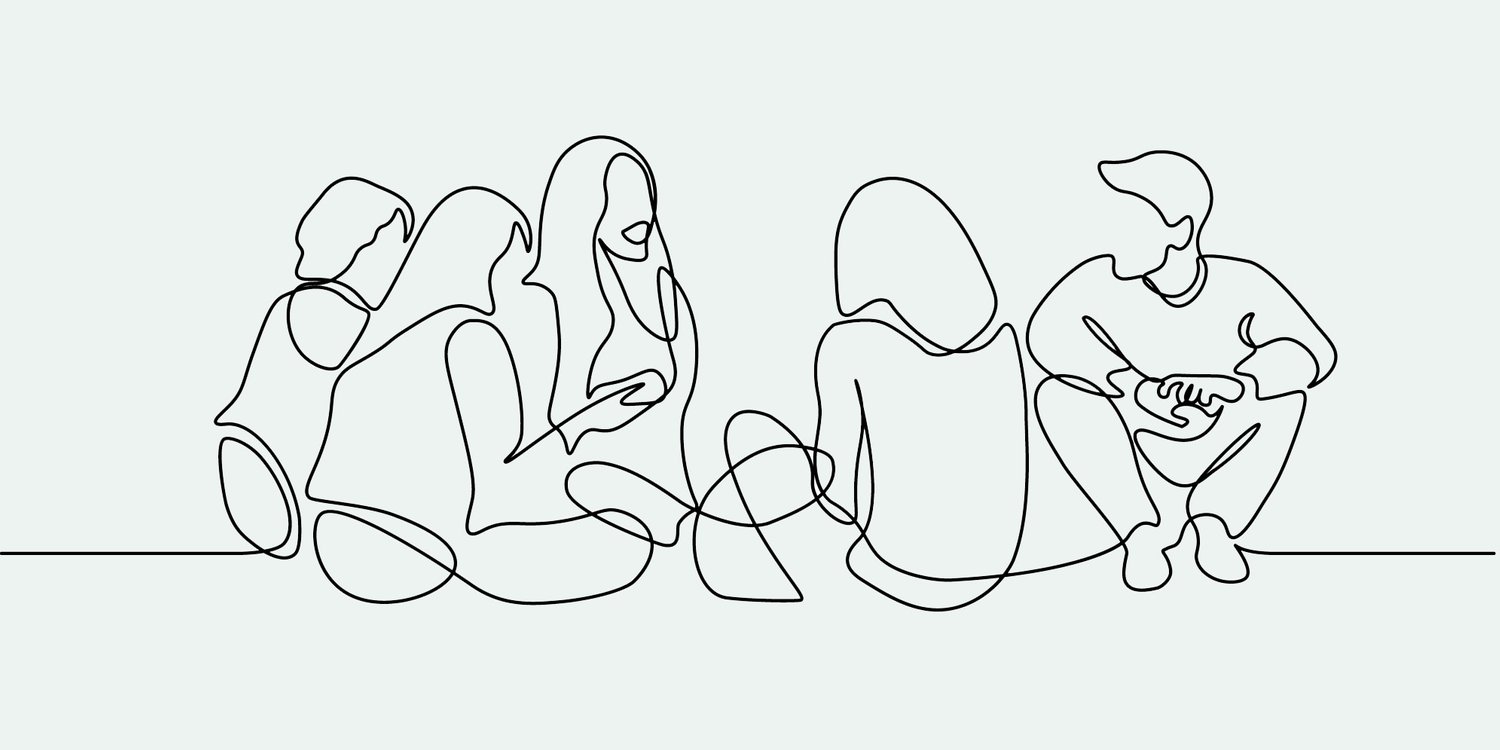Original publishing date: Nov 15, 2021
Written by Corinne Lamain
“I am reinventing myself as a scholar”, said one of the researchers of The Power of One project. By working in a highly and especially unusual interdisciplinary team she experienced how data, evidence and knowledge are approached in entirely different manners on the other side of disciplinary walls. And that it is enriching and deepening to try and bridge those differences. Difficult too, though, obviously. How to speak together when others are not at all saying the same as you when they use the same words? To mitigate some of this confusion, the team of The Power of One is developing a glossary of terms. To build bridges across those disciplinary lexicons. In the Defeating Chronic Pain team, for similar reasons, a linguist is on board that is helping to flag and cross semantic divides.
Bridging disciplinary divides
All the Unusual Collaborations (UCo) teams gathered with the CUCo Board and team recently to take stock at the midterm of the projects to talk about progress, achievements and future plans. The specifics of working in unusual collaborations were a red thread in these conversations. Some of the teams mentioned that they made use of an approach quite opposite to focusing on words. They take the visual path and that works quite well. By focusing on illustrations it may become suddenly quite clear that indeed the same word does not have the same meaning to everyone in the room. Images help to represent different understandings at times even better than words themselves. The Structures of Strength team makes use of this by collecting and bundling images of (an enormous variety of) porous materials. They also found that using metaphors is effective to divert from direct use of words. The Power of One team has hired an agency, Flatlands, to do those visualisations. Next to a variety of methods, unusual collaborations also require a different pace of working than is common in research projects: they do not lead directly to written output or publications. As it takes time to understand each other and build up trust. The need for trust was recurrently emphasised: mutual trust and appreciation of each other’s person as well as work and expertise are key to collaborating pleasantly and effectively.

The added value of unusual collaborations
The returns of working in unusual ways are not so direct and tangible, which is a difficulty, as the current evaluation structure for academic careers asks exactly for outputs. What does it contribute then, if not that? Teams experience that it frees up creativity, reinvention of scholars, indeed. “This allows for a much more creative way of conducting science”, according to one of the Defeating Chronic Pain researchers. This creativity is stimulated by providing space to experiment freely in the project setup: failure is accepted. Also, unusual teams encourage that angles are added that otherwise would not have been considered, such as in the Towards a Data Driven Dashboard team: “Because of CUCo we have included a focus on nutrition in our research on Circular Agriculture, which we were not familiar with”. Also, sharing of research data and equipment is smoothened: “you think that equipment is far away, but it turns out to be available around the corner”. But beyond the practical there is the deeper meaning; “the space for humane collaborations. It’s not about competition, but being together”, as a Structures of Strength team member exhaled. Here again the underlying element is trust amongst team members. It makes one wonder: does it not seem logical that research would be done in humane ways? And is that value being recognised? UCo researchers are still struggling to have their time freed up, despite the resources that CUCo provides. And they are still confronted with not being recognised and rewarded for the time spent on the projects.
Recognition and rewards
There is a need for the time spent working in teams, building up skills and capacities, also being recognised and rewarded. And as such allow the UCo groups to trailblaze the way for others and the future generation of researchers. As wicked problems do require another skill set than the highly specialised individual setup that many ambitious researchers find themselves shaped into today. CUCo will support in gathering the lessons on the process of collaboration. Could we join forces with others in the alliance institutes and make those documented lessons, perhaps in the form of tools and methods for others, also being valued? Please tell us what you think and how we can work with you to make this happen.